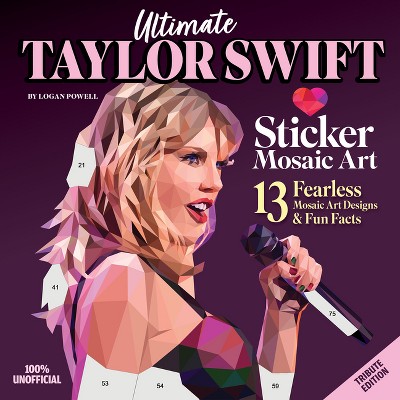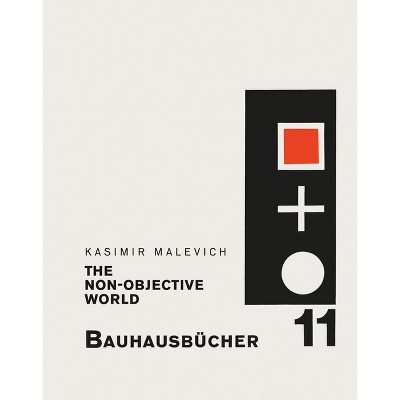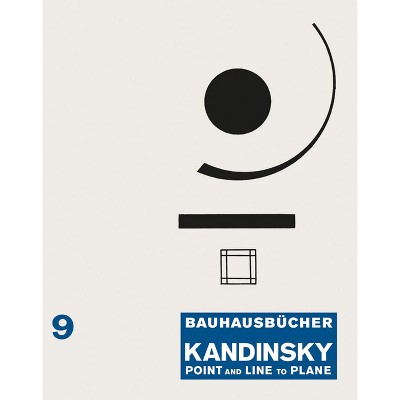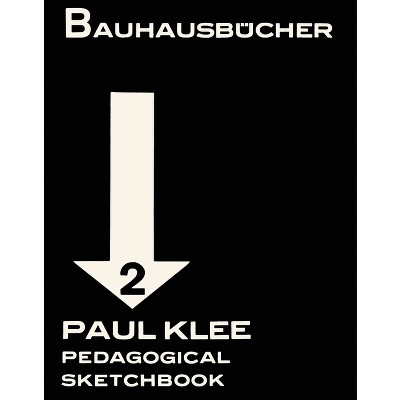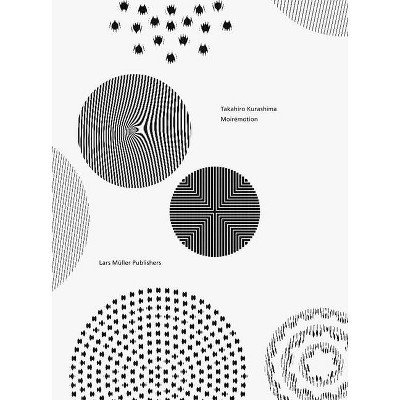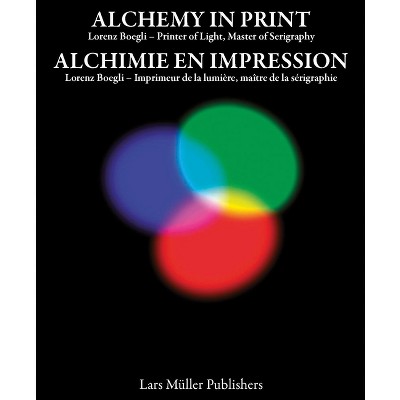Sensing the Future: Moholy-Nagy, Media and the Arts - by Oliver Botar (Hardcover)

About this item
Highlights
- How Moholy-Nagy anticipated and critiqued the hyperstimulation of the digital ageLife in the digital era regularly induces a sense of deluge.
- Author(s): Oliver Botar
- 192 Pages
- Art, Individual Artists
Description
About the Book
Life in the digital economy of information and images enriches us but often induces a sense of being overwhelmed. Sensing the Future: Moholy-Nagy, Media and the Arts considers the impact of technology by exploring ways it was addressed in the practice of the Hungarian polymath artist Laszlo Moholy-Nagy (1895-1946), a prominent professor at the Bauhaus and a key figure in the history of Modernism.Book Synopsis
How Moholy-Nagy anticipated and critiqued the hyperstimulation of the digital age
Life in the digital era regularly induces a sense of deluge. Sensing the Future: Moholy-Nagy, Media and the Arts considers the impact of technologized modernity by exploring how it was addressed in the work of László Moholy-Nagy--artist, photographer, Bauhaus teacher and a keen advocate for the integration of technology and industry into the arts. Moholy-Nagy felt that people needed guidance to cope with a technologized, hyperstimulating environment, and broached ideas of immersion, interactivity and bodily participation, offering a critique of modern disembodiment. His ideas informed thinkers such as Walter Benjamin, John Cage, Sigfried Giedion and Marshall McLuhan.
Was Moholy-Nagy at once a pioneer and a proto-critic of the digital? This book introduces this seminal figure to younger generations and includes responses to his work by contemporary artists. Widely praised upon its original publication in 2014, this volume is now issued in a slightly revised edition with new images and corrections.
Oliver A.I. Botar (born 1957) is a professor of art history at the University of Manitoba in Canada. He is the author of Technical Detours: The Early Moholy-Nagy Reconsidered (2006) and A Bauhäusler in Canada: Andor Weininger in the 50s (2009).
Shipping details
Return details
Trending Art, Photography & Design Books

